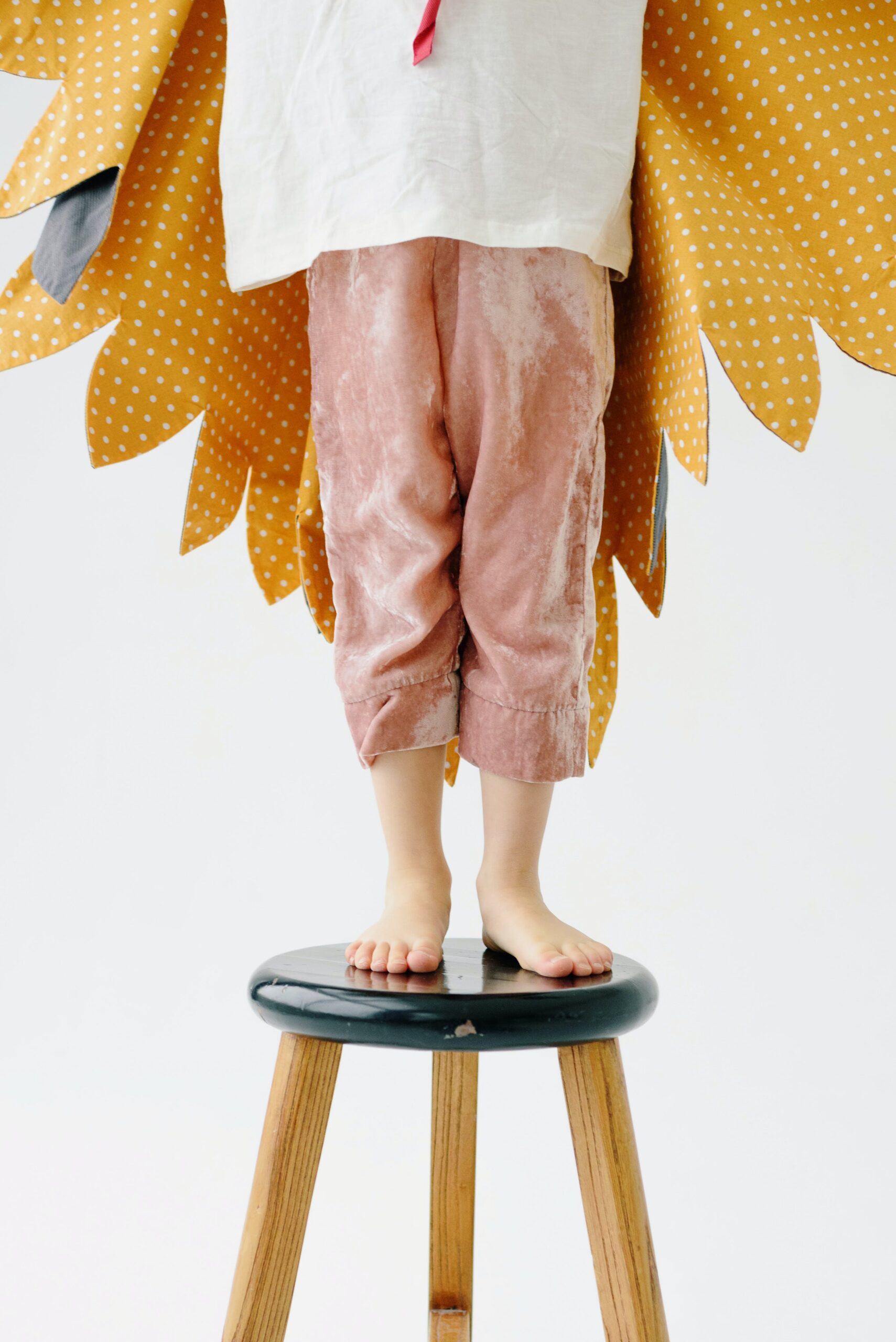In our fast-paced world, finding creative outlets for children can be incredibly beneficial for their overall well-being. While we often think of art as a fun activity, art therapy goes a step further by using creative processes to promote emotional and psychological healing. If you have ever wondered how art therapy could benefit your child, here is a closer look at how this powerful tool can make a difference.
What Is Art Therapy?
Art therapy is a therapeutic practice that uses artistic expression to help individuals explore and communicate their emotions, thoughts, and experiences. Unlike traditional art classes, art therapy is guided by trained professionals who use creative techniques to support mental and emotional health (Kramer, 2022).
How Can Art Therapy Benefit Your Child?
- Enhances Emotional Expression
For many children, expressing feelings through words can be challenging. Art therapy provides a non-verbal outlet for them to explore and communicate their emotions. Creating art can help children articulate feelings that they might not yet have the words to describe (Malchiodi, 2023). - Boosts Self-Esteem and Confidence
Completing an art project can give children a sense of accomplishment and pride. This boost in self-esteem can be especially helpful for children who struggle with self-confidence or have experienced setbacks (Johnson & McKay, 2021). - Improves Problem-Solving Skills
Art therapy encourages children to think creatively and solve problems as they work on their projects. This can enhance their ability to approach challenges in diverse ways and develop stronger problem-solving skills (Wilson, 2022). - Provides Stress Relief
Engaging in artmaking can be a calming activity. It allows children to relax and focus on the process rather than the outcome, which can be particularly useful for managing stress and anxiety (Dunn & Watson, 2022). - Supports Cognitive Development
Art therapy can stimulate cognitive growth by engaging children in complex thinking processes, such as planning, organisation, and spatial awareness. This can aid in their overall cognitive development and learning (Smith & Brown, 2023).
How to Get Started with Art Therapy
If you think art therapy might benefit your child, consider these steps:
- Consult a Professional: Reach out to a qualified art therapist who works with children. They can provide tailored sessions based on your child’s needs and interests.
- Create a Supportive Environment: Encourage your child’s creativity by providing a space where they feel safe to express themselves freely.
- Participate Together: Sometimes, engaging in art activities as a family can be a wonderful way to bond and support your child’s creative journey.
Conclusion
Art therapy is more than just a creative activity; it is a powerful tool for emotional and cognitive growth. By integrating art therapy into your child’s life, you can unlock new ways for them to express themselves, build confidence, and manage stress. It is a meaningful way to support their overall well-being and development.
For more insights and tips on supporting your child’s health and development, follow us and stay tuned for more updates!
Hashtags: #ArtTherapyForKids #ChildrensWellbeing #CreativeExpression #EmotionalHealth #ArtAndHealing #ChildDevelopment #StressRelief
References:
- Dunn, W., & Watson, L. (2022). The Role of Art Therapy in Stress Management for Children. Journal of Child Psychology and Psychiatry, 45(3), 233-245.
- Johnson, M., & McKay, T. (2021). Building Self-Esteem Through Creative Arts. Child Development Quarterly, 30(2), 189-202.
- Kramer, E. (2022). Art Therapy: An Overview. International Journal of Art Therapy, 14(1), 56-72.
- Malchiodi, C. A. (2023). Understanding Art Therapy: A Guide for Parents. Child Psychology Review, 40(4), 118-130.
- Smith, A., & Brown, L. (2023). Cognitive Benefits of Art Therapy in Children. Pediatric Cognitive Development Journal, 21(1), 99-110.
- Wilson, G. (2022). Enhancing Problem-Solving Skills Through Art Therapy. Developmental Psychology Perspectives, 28(1), 145-156.






